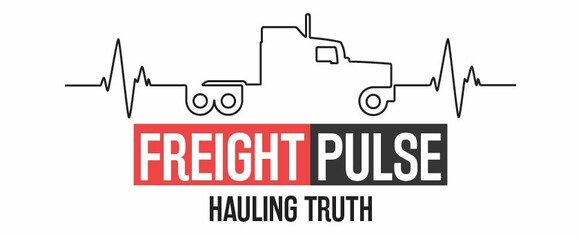Several states, including Wisconsin, Rhode Island, and Missouri, are taking proactive steps to modernize the process of handling Medical Examiner’s Certificates (MECs) for commercial drivers by adopting a new online system well ahead of a federal compliance deadline set for June 23, 2025.
The Federal Motor Carrier Safety Administration (FMCSA) has mandated that all states implement a streamlined digital procedure that electronically integrates medical certification information from the National Registry of Certified Medical Examiners directly into each state’s Department of Motor Vehicles (DMV) systems. The objective is to simplify the process for Commercial Driver’s License (CDL) and Commercial Learner’s Permit (CLP) holders who operate in interstate commerce, enhancing efficiency, accuracy, and compliance oversight.
Wisconsin Leads the Way
Wisconsin became one of the first states to fully implement the system on April 13. Since the launch, the FMCSA has automatically transferred CDL/CLP holders’ medical data to the Wisconsin DMV within 48 hours of their Department of Transportation (DOT) physicals.
“Wisconsin DMV is pleased to be among the first adopters and add this automated process to our suite of online services for commercial drivers,” said John Holloway, program and policy analyst for the Bureau of Driver Services. “The improved timeliness and accuracy of this new electronic process will keep drivers on the road and not waiting in a DMV.”
DMV Administrator Tommy Winkler emphasized that the new system significantly reduces the burden on drivers: “Now, after completing a physical, the medical provider submits the paperwork to the National Registry, and the FMCSA transmits it directly to the Wisconsin DMV. Drivers no longer need to hand-deliver or email documentation.”
This new approach is expected to streamline the process for about 70% of the state’s approximately 230,000 regulated CDL/CLP drivers. It also eliminates the need for drivers to carry physical copies of their medical certificates to the DMV, helping reduce errors from manual data entry and issues stemming from illegible handwriting.
Missouri and Rhode Island Join the Initiative
Following suit, Missouri implemented its version of the system on April 21. Now, medical providers in the state are required to submit MEC data directly to the National Registry, which is then automatically transmitted to the Missouri Department of Revenue (DOR). “This automation minimizes manual processing and removes the need for drivers to provide paper copies of medical certificates during their DMV interactions,” according to Missouri officials.
Rhode Island transitioned even earlier, discontinuing acceptance of paper MECs as of March 31. The state’s DMV now relies exclusively on digital submissions from the National Registry. “Once validated, the certificate is instantly reflected in the driver’s record, requiring no further input from the driver,” the DMV confirmed.
Texas and Nationwide Implementation
Texas began accepting electronic medical certificate submissions on March 23 while still allowing paper-based options temporarily. However, like all states, Texas will only accept electronic submissions after the June 23 deadline.
The broader goal of this FMCSA initiative also known as National Registry II is to create a more secure, standardized, and efficient system for verifying medical fitness among commercial drivers. This approach is designed not only to simplify the process for drivers and reduce DMV workload but also to curb the risk of fraud and bolster highway safety by ensuring medical information is up-to-date and accurate.

Why This Matters
Medical certification is a critical component of commercial driver safety. By ensuring that drivers meet physical health requirements, the FMCSA aims to reduce incidents caused by medical conditions that may impair a driver’s ability to operate a commercial vehicle safely. The shift to an automated, paperless system aligns with broader efforts in government to digitize public services, enhance transparency, and promote real-time data sharing.
With the deadline approaching, other states are expected to follow in adopting the digital MEC integration process, marking a significant milestone in modernizing commercial vehicle regulations across the country.

